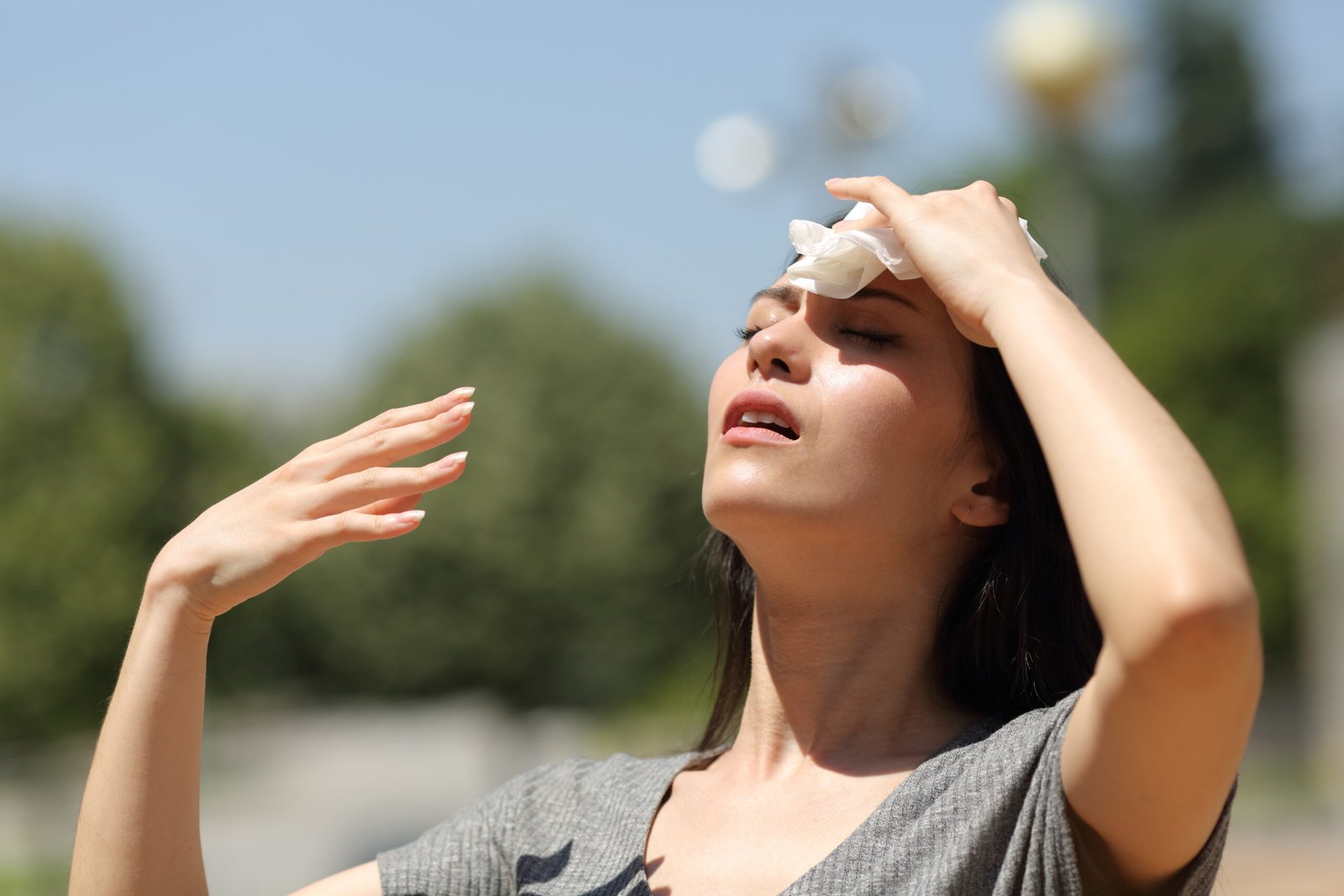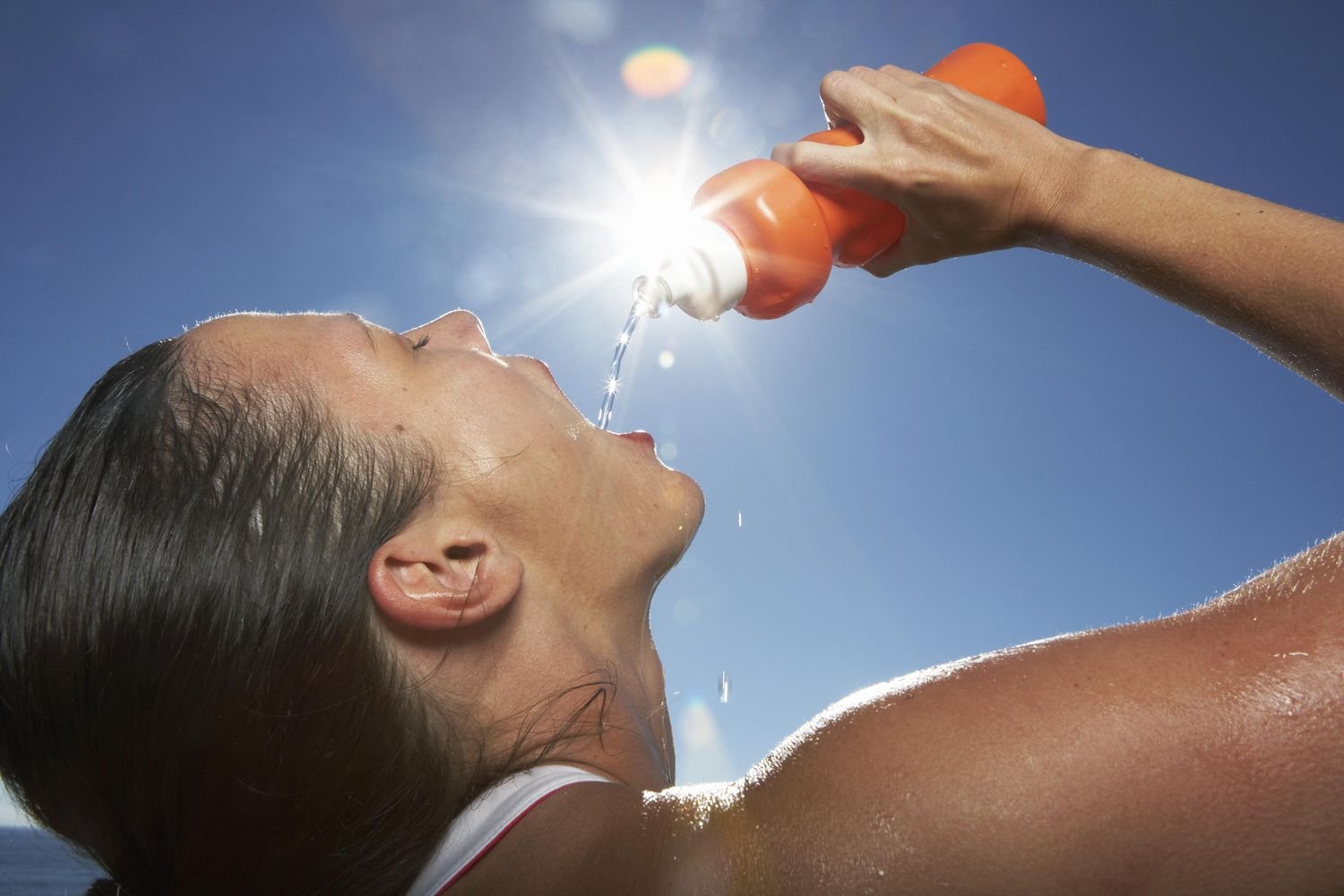Concept about Dehydration – Health of the children has been considered as the vital importance to all societies because children are the basic resource for the future of humankind. Nursing care of children is concerned for both the health of the children and for the illnesses that affect their growth and development. The increasing complexity of medical and nursing science has created a need for special area of child care, i.e. pediatric nursing.
Pediatric nursing is the specialized area of nursing practice concerning the care of children during wellness and illness. It includes preventive, promotive, curative and rehabilitative care of children. It emphasizes on all round development of body, mind and spirit of the growing individual. Thus, pediatric nursing involves in giving assistance, care and support to the growing and developing children to achieve their individual potential for functioning with fullest capacity.
Concept about Dehydration

Definition of Dehydration:
Dehydration is defined as excessive loss of body water.
Or
In physiology, dehydration is a deficit of total body water with an accompanying disruption of metabolic processes.
Types of Dehydration:
1. No signs of dehydration.
2. Some dehydration.
3. Severe dehydration.
Assessment of Dehydration:
| Points | No signs of dehydration. | Some dehydration. | Severe dehydration. |
| Look at condition | Well, alert | Restless, irritable | Lethargic or unconscious, floppy |
| Eyes | Normal | Sunken | Very sunken and dry |
| Tears | Present | Present | Absent |
| Mouth and tongue | Moist | Dry | Very dry |
| Very dry | Drinks normally, not thirsty | Thirsty, drinks eagerly | Drinks poorly or unable to drink |
| Feel: Skin pinch | Goes back quickly | back slowly | Goes back very slowly |
| Decide: | The patient has no signs of dehydration. | If the patient has two or more sings including at least one sign, there is some dehydration | If the patient has two or more signs including at least one sign, there is severe dehydration. |

Measures Should Be Taken In Various Degree Of Dehydration:
A. Measure should be taken for no sign of dehydration: Patient first seen with no signs of dehydration can be treated at home:
a) ORS packets should be given at home for 2 days,
b) Demonstration how to prepare and give solution,
c) After each loose stool the mother should give the following amount of ORS to her child.
| Age | Amount of ORS |
| Less than 2 years | 50-100ml |
| 2-9 years | 100-200ml |
| > 10 years | As much as wanted |
B. Home management:
a) Give more fluid than usual,
b) Give more food than usual.
c) Minimum one extra meal for two weeks,
d) Referral knowledge.
- If not improved within 3 days.
- More loose motion.
- Increased vomiting.
- Depressed anterior fontanels.
- Thirsty.
- Unable to drink or food.
- Visible blood in stool.
- Fever.

Instruction to the mother of patient to return if any sign (above) develop.
C. Measure should be taken for some sign of dehydration: Rehydration therapy: ORS-75 ml/kg within 4 hours irrespective of age. Reassess after 4 hours. If improved then treated as no sign of dehydration if not, referred to the hospital.
D. Measure should be taken for severe dehydration : In severe dehydration, patient should be rehydrated by intravenous (IV) fluid such as cholera saline as follows:
Read more:
